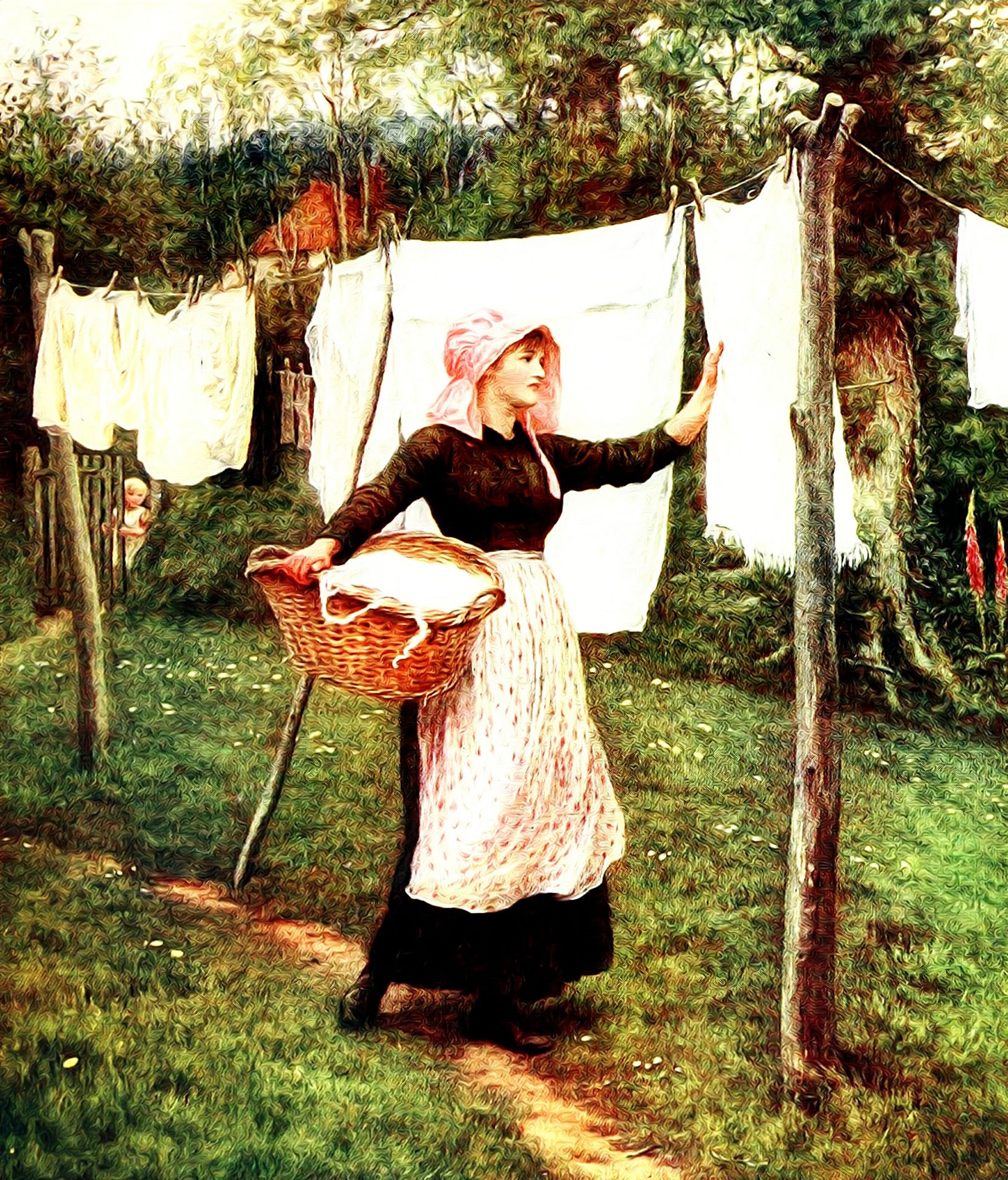Housework, Cause of Relationship Problems

According to research, household chores are still largely the responsibility of women. And most of the time, there isn’t much recognition or regular praise from our partners.
Whether it’s home cleaning, shopping, or cooking for the whole family, these activities are still predominantly handed down to women, so they fit into modern socially outdated traditional role models. On the other hand, in politics and large corporations, women are assigned to allow more women to take up managerial positions, and after work, women are still on the stove, doing household chores, laundry, cleaning the residuals of pets using pet carpet cleaner and parenting.
Why do household chores remain for women?
Anyone content with their role and the resulting workload and distribution is not overwhelmed or disadvantaged and does not feel that they need praise, awards, help, or guidance. Housework is a partnership that matters whenever it feels unjust.
It is reckless and superficial to blame men for the fact that household chores are largely left to women, even if the professional position and commitment in the partnership are balanced. Being able to talk about guilt is when someone feels at a disadvantage and both the perpetrator and the victim are aware of his behavior and have the opportunity to reconsider it and make changes or corrections as necessary. Because it is only the case. Reconcile with each other.
Many working women do much more household chores than their working partners but do not feel any disadvantage in their relationships. Some women deeply internalize the traditional image of gender and are obliged to do household chores, in addition, to work if their partner is unemployed or if the household chores take longer for other reasons. I think there is.
When are household chores unfairly distributed?
It is difficult to measure injustice in the division of labor between men and women. Neither the workload nor individual stressors, such as physical or psychological stress, can serve as criteria here, as the perceived tolerance limits and the required replay, time varies from person to person. Men also compare primarily to men, and women again like to compare to other women, but the results are more subjective than objective values and are not suitable for accurate calculations.
Embodying equality and justice
Therefore, the decisive factor for the fair distribution of work and household chores is not the actual amount of work or the work of a particular work, but the feelings of the people involved. It is important to balance loved and unloved tasks. Each partner must have sufficient tasks in the area of responsibility, perform them internally, and strengthen their self-esteem.
By discussing and classifying all household chores, the focus is on the importance and diversity of household chores. For many household chores, this represents the first step needed to rethink moody. They are complex and very complex, requiring creativity, vigilance, and flexibility as well as dealing with monotonous exertions, such as the daily work of employees and entrepreneurs, rather than “just a little household chores”. We recognize that it is an area of intensive work. Difficult day-to-day work and patience.
